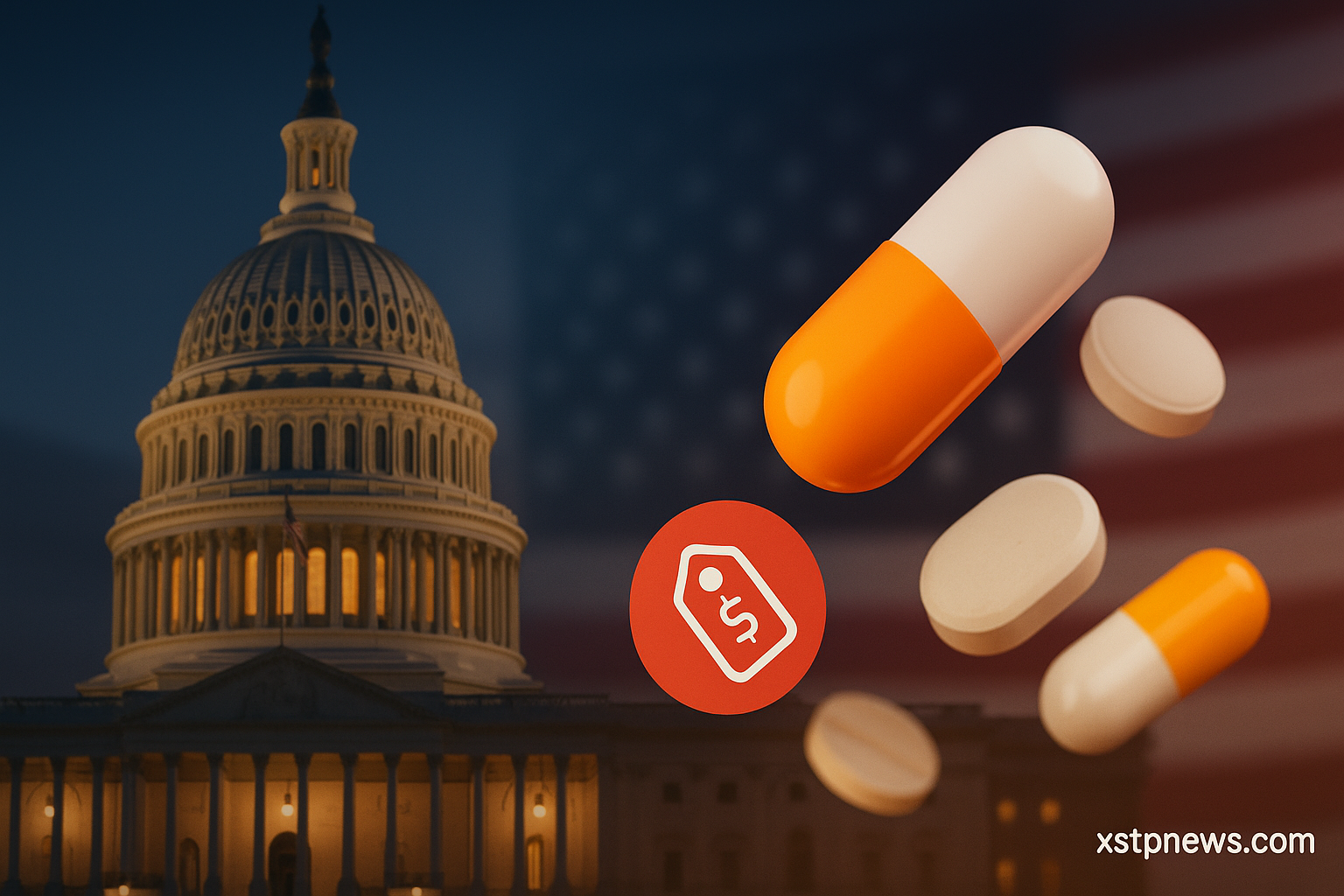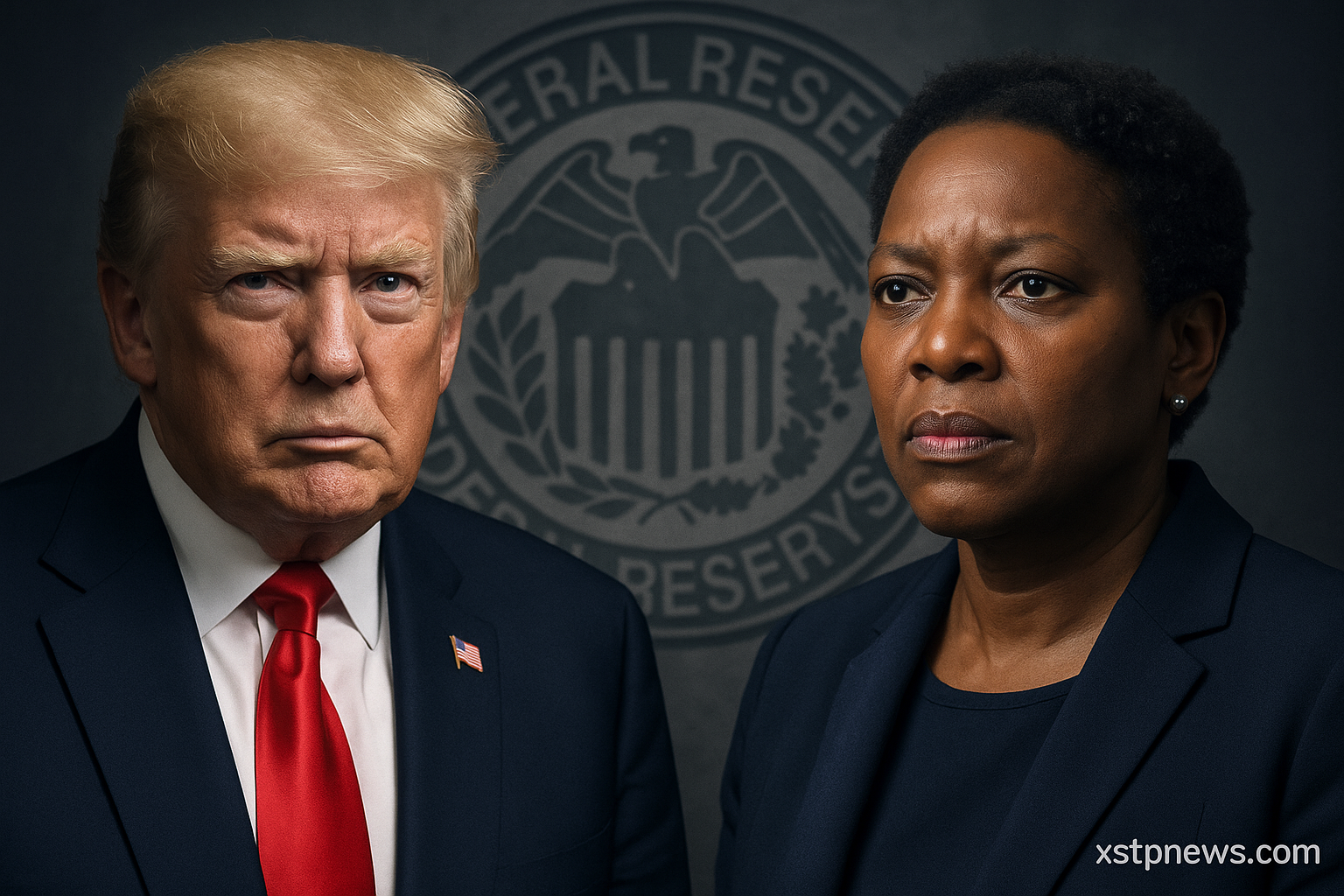President Donald Trump has issued a 60‑day ultimatum to 17 major pharmaceutical companies, demanding they reduce drug prices in the United States or face aggressive federal action. The deadline is set for September 29, 2025, and Trump has warned that “every tool in our arsenal” will be used if companies fail to comply.
The ultimatum and its goals
The letters sent to drugmakers including Pfizer, Johnson & Johnson, Merck, AstraZeneca, and Eli Lilly call for:
- Lower U.S. prices aligned with the lowest prices offered in other developed nations.
- Adoption of Most-Favored-Nation (MFN) pricing for both existing and future drugs.
- Reinvestment of excess revenue into price reductions for American consumers.
- Direct-to-consumer models to bypass intermediaries and lower costs.
The administration is reviving its Most-Favored-Nation policy, which ties domestic drug prices to global benchmarks, aiming to curb the high cost of brand-name prescriptions in the U.S.
Market reaction and industry pushback
The announcement triggered stock declines across several pharma giants, while trade group PhRMA condemned the move as a threat to innovation. Critics argue that steep price cuts could limit research funding and reduce access to new therapies, while supporters say U.S. consumers have long subsidized global drug costs.
Trump’s team hinted that tariffs, import programs, and regulatory enforcement are all options if companies fail to act. Legal experts expect potential challenges, as direct federal price controls could face litigation from the industry.
What’s at stake
The U.S. pays up to three times more for some medicines compared to other developed nations. With healthcare costs a top voter concern, the ultimatum reflects a political and economic push to force change in the pharmaceutical sector.
If the companies comply, the administration hopes to lower household medical expenses and boost its healthcare reform narrative ahead of the 2025 legislative season.
Source: Reuters, Barron’s, Financial Times







